If you struggle with constipation, you know the feeling of desperation that starts to set in after two, three, four days have passed without a bowel movement. Each day that passes you feel more bloated, backed-up and uncomfortable.
“If only I could just go”.
We’ve all been there at some point. Unfortunately, laxatives are the first thing that comes to mind when we need some assistance having a bowel movement. While they can certainly produce a bowel movement, they can also cause intense cramping and an unpredictable urgency that will have you running in search of the closest bathroom. Over time, certain laxatives can become habit forming, meaning your bowels start to rely on them in order to move.
To avoid these uncomfortable- and potentially dangerous- side effects of laxatives, I’m sharing the top 5 natural supplements that help my constipated clients move their bowels without cramping or urgency.
How Often Should You Have a Bowel Movement?
There is no one universal number that is agreed upon in the medical world of how often one should poop. Having a bowel movement anywhere from three times per week to three times per day would be considered normal. I’m of the belief that you should open your bowels at least once per day.
However, you can still be constipated if you have a bowel movement every day.
Signs that you may be constipated (even when going everyday!):
- pain
- hard to pass stool
- bloating
- gas and abdominal distension
If you struggle with these symptoms check with your medical doctor for diagnostic testing.
Test Your Bowel Transit Time At Home
You can test your bowel transit time at home by eating something that you can easily see in your stool. I’ll use corn as an example. Eat 1 cup of corn kernels and purposely don’t chew that well. Wait and check closely to see how long it takes to show in your stool. Anything 48 hours or longer would indicate you are constipated.
Do These 3 Things Everyday For a Good Bowel Movement
There are a few key things that you should be doing on a daily basis to help your bowels move:
- Drink a minimum of 2 litres of water
- Eat some type of fiber at each meal (i.e. seeds, nuts, oats, quinoa, brown rice, fruit, vegetables)
- Incorporate healthy fat at each meal (i.e. avocado, olive oil, nuts)
Do these three things consecutively for one week. If you are still constipated, these natural remedies may help you.

Magnesium Glycinate

Magnesium is a mineral that is important for many functions in the body. It is a wonderful supplement for constipation because it has an osmotic effect; meaning it draws water into the intestines. The side effect of too much magnesium is diarrhea, so you can see why it is an effective remedy for constipation. However, we don’t want you to have diarrhea so the key is to find the right dose for you.
Doses range between 300 mg to 1,000 mg. Note before increasing your dose that it can take two days for magnesium to take effect.
Magnesium is not for everyone: check with your medical practitioner before taking it.
Triphala
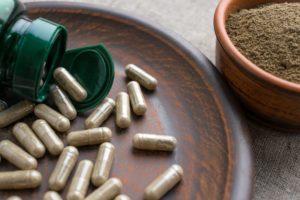
Triphala is an Ayurvedic herbal formula made from three fruits: Amalaki, Bibhitaki, and Haritaki. It has been used for hundreds of years as a natural laxative. It does not have the same irritating and purgative effect on the intestines as other natural laxatives like senna or cascara sagrada- these should be avoided. Triphala is said to be high in Vitamin C and antioxidants. It comes in pill form, tea and powder. As it has an extremely bitter taste, I would recommend the pill version.
Follow the label for dosing and contradictions. Triphala should not be taken if pregnant or on blood thinning medication.
Partially Hydrolyzed Guar Gum

Partially Hydrolyzed Guar Gum (“PHGG”) is a water-soluble, prebiotic fiber derived from guar beans. Because it is a fiber supplement, it improves stool consistency and helps stool pass more easily through the GI tract.
It also has the benefit of being a prebiotic fiber. Prebiotic fibers feed beneficial gut bacteria and we need to have them in our diet for good colon health. Since constipation can be caused by a lack of beneficial gut bacteria, PHGG can help improve constipation by increasing the numbers of beneficial gut bacteria.
Tip: the key to increasing your fiber intake without causing gas and bloating is to go low and slow with it. Start with just ¼ teaspoon of PHGG mixed with a cup of water. Increase by ¼ teaspoon every two or three days until you reach the full dose per the label. Be sure to keep your daily water intake up.
Ginger
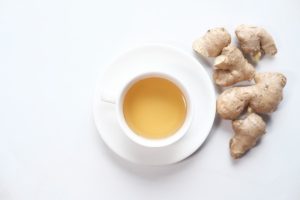
Ginger, much like Triphala, has been traditionally used as a digestive aid for hundreds of years. It helps constipation by increasing movement in the bowels but not in the harsh way that a traditional purgative laxative does.
Ginger is gentle on the bowels and can help decrease pain, cramping and nausea that can come along with constipation.
There are many ways that you can utilize ginger: as a fresh brewed tea between meals, in capsule form or as a tincture. A word of caution if you struggle with reflux: ginger can cause a mild burning sensation and aggravate reflux. You may wish to avoid it in this case.
Large amounts of ginger should be avoided by those who are pregnant.
Digestive Bitters
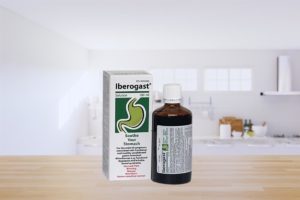
Digestive bitters are herbs that support digestive function by stimulating bitter receptors on the digestive system. They come in tincture form that is taken before meals in a small amount of water.
The most popular formula is Iberogast. Iberogast is made from a blend of herbs like peppermint, licorice, chamomile, milk thistle, caraway, and balm leaf. It’s well known in the medical field for its effectiveness in regulating GI motility problems, including constipation. It also acts as a carminative, meaning it pushes gas through the intestines. Iberogast is something I personally always keep in my medicine cabinet for indigestion, constipation and upset stomach.
Please read the label warnings before taking Iberogast- it should not be taken by those with a history of liver conditions.
Natural constipation remedies are much gentler than traditional laxatives and won’t cause bowel dependency.
It may take some trial and error to find the right protocol for you but with time and patience you can break free from constipation. My recommendation would be to try one product at a time rather than adding too many at once.
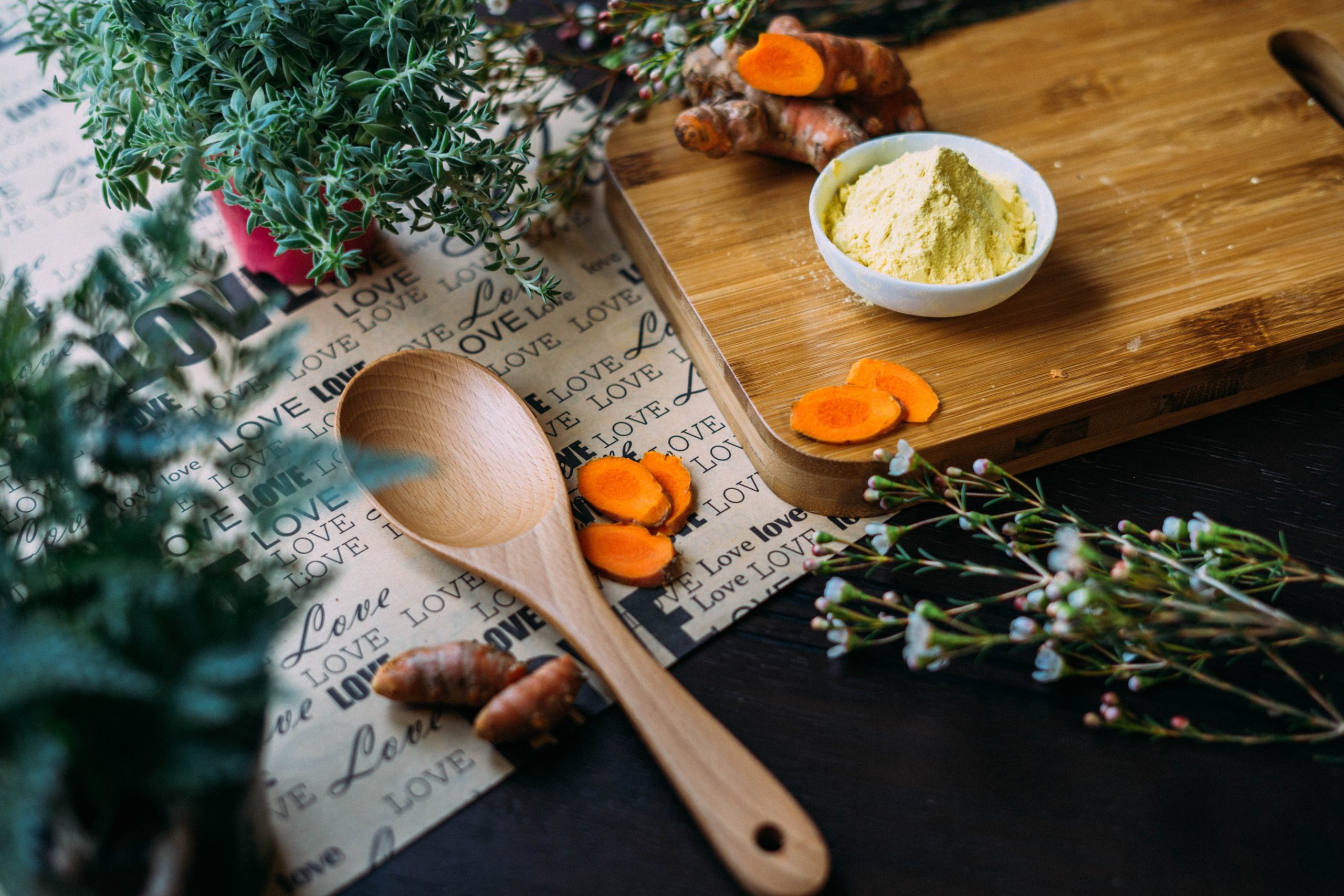




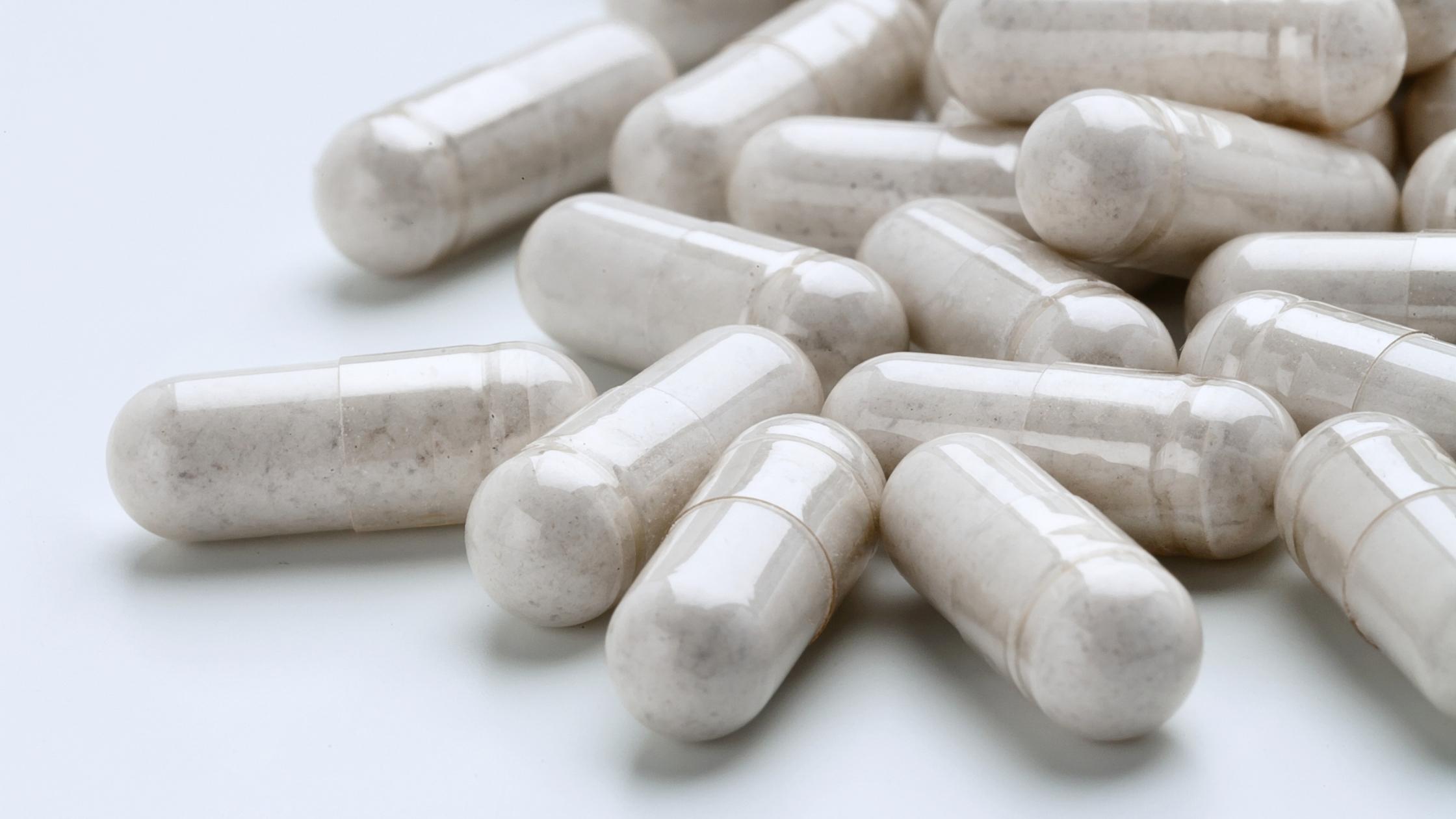
+ show Comments
- Hide Comments
add a comment